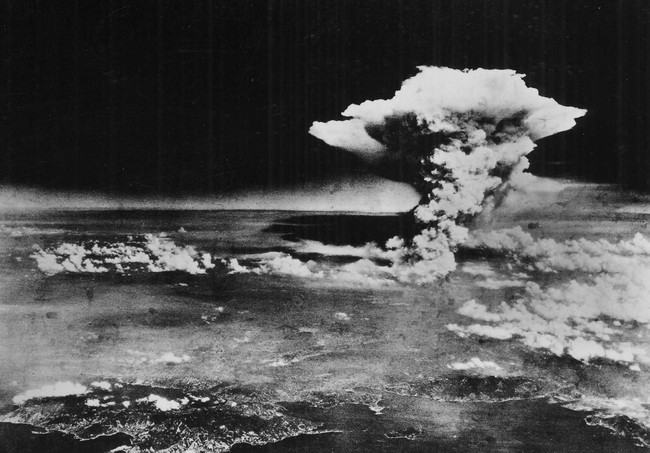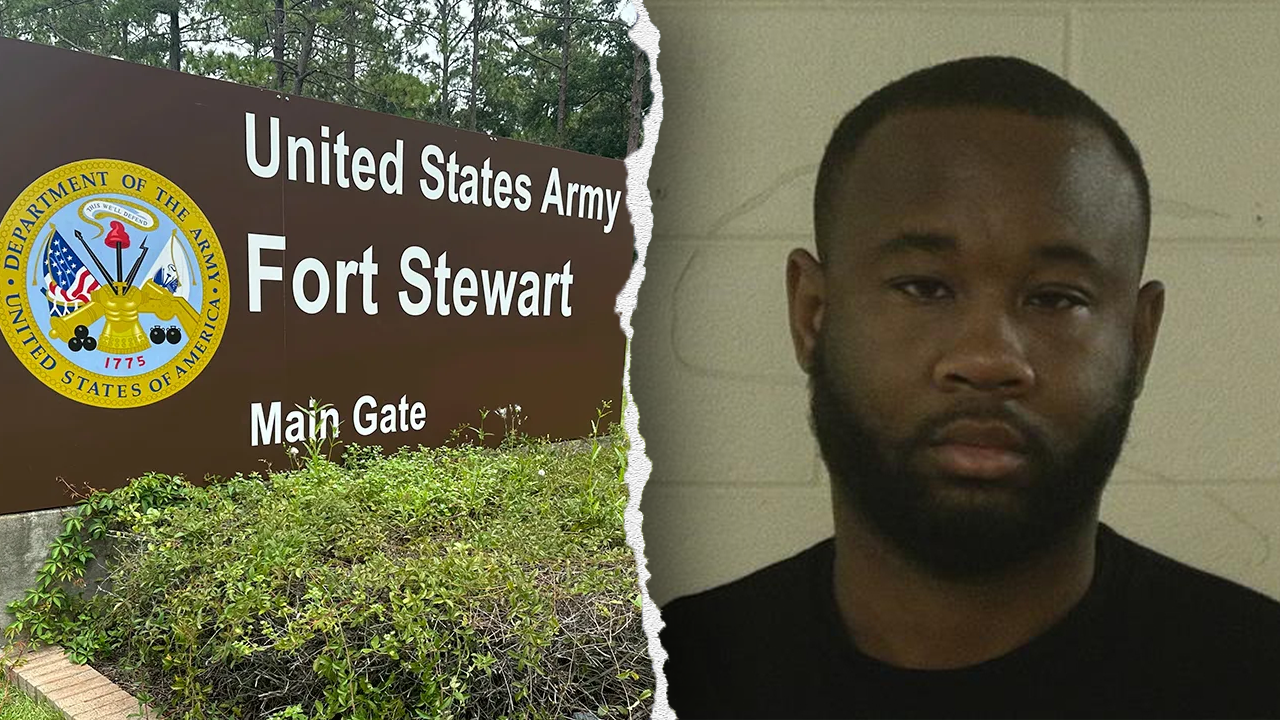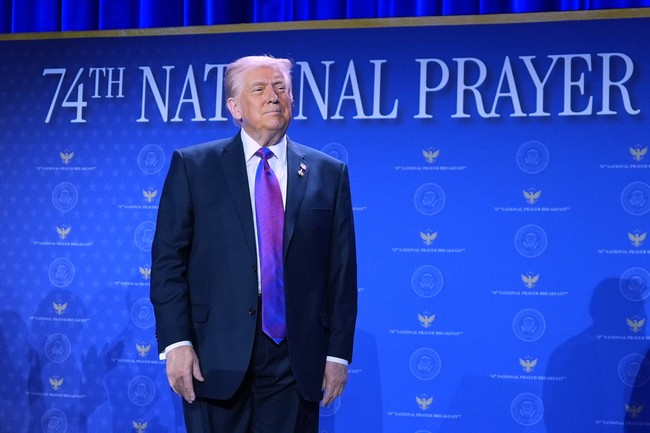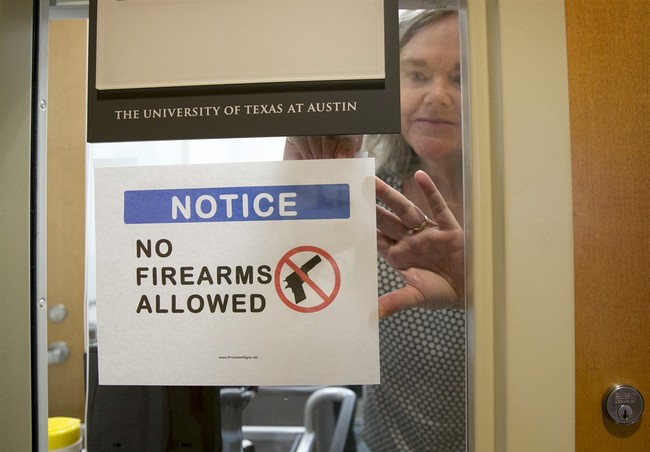Residents in Beacon Hill, one of Boston’s most affluent neighborhoods, are voicing concern over a surge in open drug use and criminal activity, warning that city officials are failing to respond to what they describe as a growing public safety crisis, as reported by The New York Post.
During a Boston City Council meeting in October 2024, Beacon Hill resident Katherine Kennedy said she had never witnessed the level of illegal drug use now present in the area.
John Kerry’s ritzy blue city neighborhood rocked as drug addicts ‘overrun’ cobblestone streets
Vote here:
Raise your hand if you’re worried about John ♂️ or,Express your ‘could care less’ by giving him the old well you know…https://t.co/T51trzFK3g
— Just_Dave (@alohadms) August 6, 2025
Trump’s Sovereign Wealth Fund: What Could It Mean For Your Money?
“Prior to this year, I’ve never seen the Boston Common, Cambridge Street or the Esplanade get this overrun with drug paraphernalia or folks in crisis,” Kennedy said, according to Boston 25 News.
This Could Be the Most Important Video Gun Owners Watch All Year
Beacon Hill, where the average home price is estimated at $2.3 million according to Realtor.com, has seen a sharp increase in discarded needles and public drug use.
Kennedy, a mother of two, said she now carries a sharps container in her diaper bag due to the volume of used needles left on sidewalks. “As a mother of two small children, this is very scary,” she said.
Kennedy added that the drug problem is visible during her daily routine. “I pass discarded needles as I walk my 5-year-old to her public school every day,” she told the Boston Herald.
“Having to keep needles away from my kids as I walk them to preschool is unacceptable.”
The Boston Public Health Commission released a report in 2024 showing a 47.1% increase in drug-related mortality in Beacon Hill and surrounding neighborhoods — including Back Bay, the North End, and West End — during 2020–2022 compared to 2017–2019.
In addition to the rise in overdose deaths, crime in the neighborhood has also increased. Boston Police Department data shows an 8% increase in overall theft incidents in 2025 compared to the five-year average.
Mayor Michelle Wu, a Democrat, has supported harm-reduction programs such as needle exchanges and the distribution of free pipes to users of crack and methamphetamine.
She said in 2022, “Every step that we take has to also be about immediately saving lives,” claiming the program showed success in reducing communicable diseases.
That’s John Kerry’s neighborhood. John’s not looking too good these days. https://t.co/q4a0dsnXwh
— KWCC (@KW7of8CC) August 5, 2025
Kennedy disagreed with the program’s impact. “Boston and the surrounding region is not doing enough to actually disrupt the cycle of addiction that has led to this crisis,” she said.
Robert Charles, a former assistant secretary at the U.S. State Department’s Bureau of International Narcotics and Law Enforcement Affairs and current gubernatorial candidate in Maine, warned that unchecked drug presence leads to broader public safety issues.
“It’s a sequence of events,” Charles told Fox News Digital.
“You get dramatic increases in the drug presence… if the political leadership and law enforcement either don’t have the resources or don’t have the political will, you gradually see an increase in the drug trafficking itself and, of course, in overdoses.”
Charles added that the rise in drug trafficking also results in increased burglaries, robberies, assaults, and domestic violence. “Something like 80% of all domestic abuse is tied to polydrug use,” he said.
Despite rising concerns from residents, city leadership has not indicated any changes to the existing harm-reduction strategy.
The opinions expressed by contributors and/or content partners are their own and do not necessarily reflect the views of LifeZette. Contact us for guidelines on submitting your own commentary.
Read the full article here


![Drug Addicts Have Taken Over John Kerry’s Wealthy Boston Neighborhood [WATCH] Drug Addicts Have Taken Over John Kerry’s Wealthy Boston Neighborhood [WATCH]](https://www.rvmnews.com/wp-content/uploads/2024/05/2024.05.23-03.24-redvoicemedia-664f5fb3e4e10.jpg)




![SAVE AMERICA Act Marches Forward While Schumer Scrambles to Protect His Voter Pipeline [WATCH] SAVE AMERICA Act Marches Forward While Schumer Scrambles to Protect His Voter Pipeline [WATCH]](https://www.lifezette.com/wp-content/uploads/2026/01/2026.01.22-09.36-lifezette-6971ef9851466.jpg)



